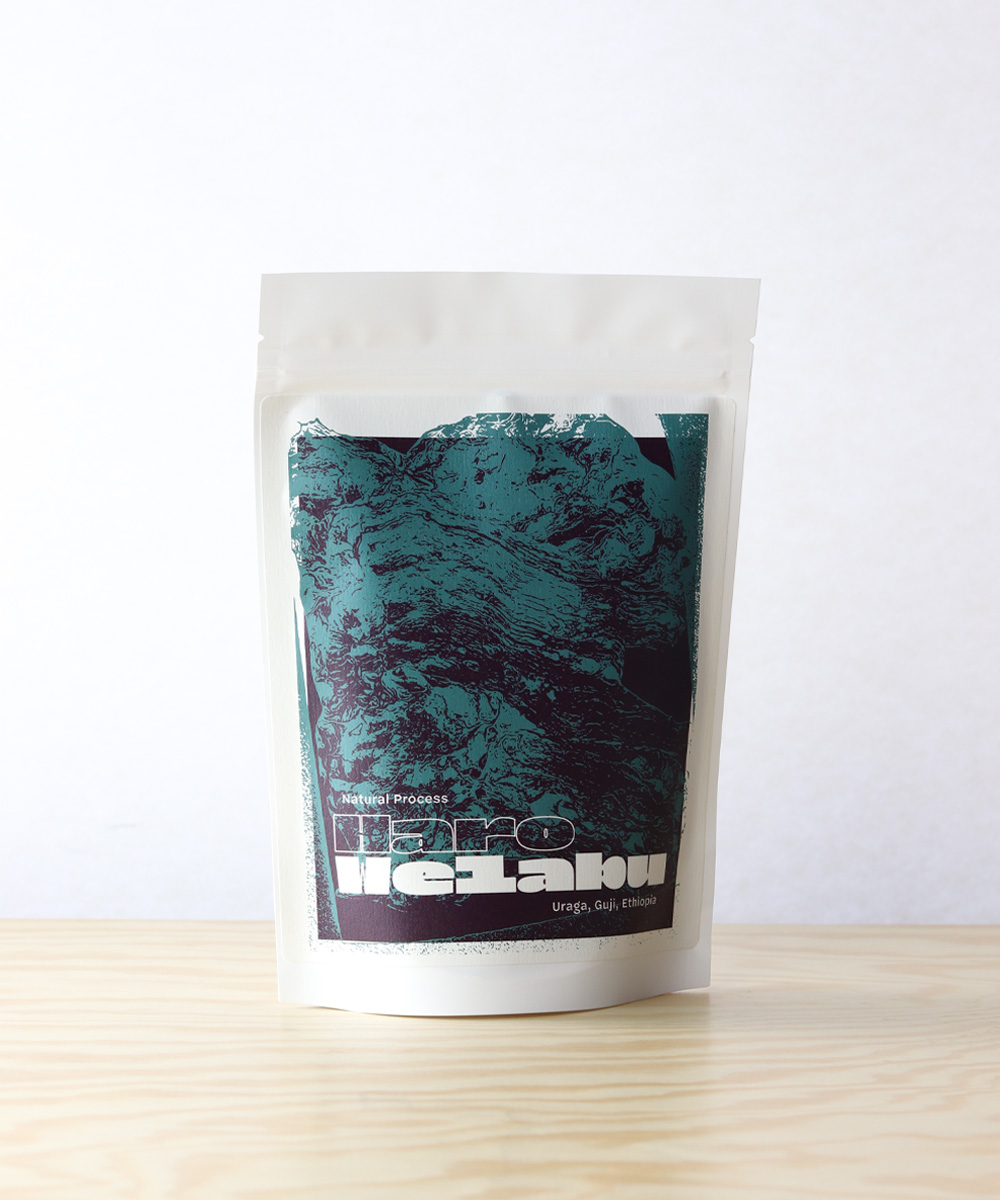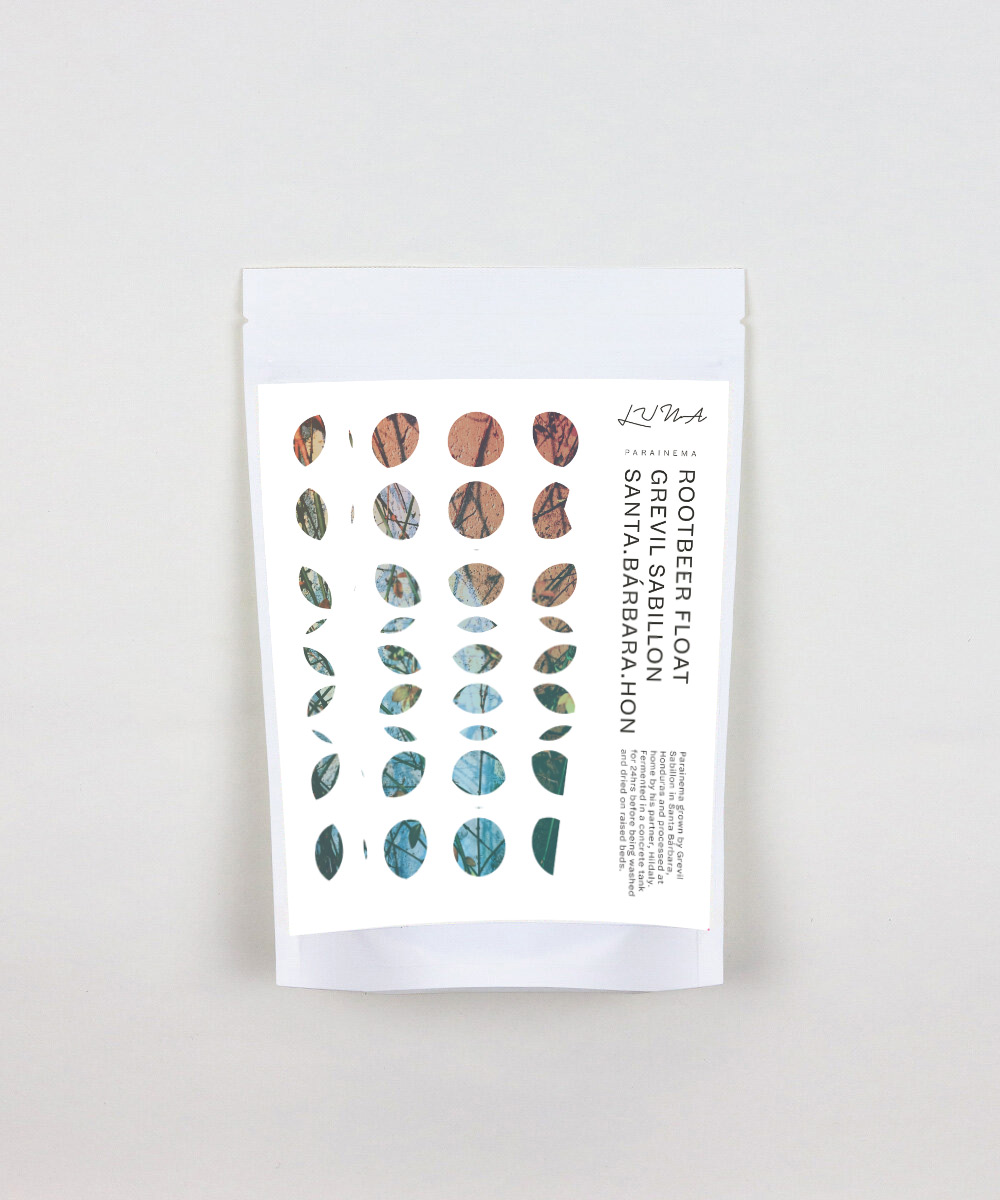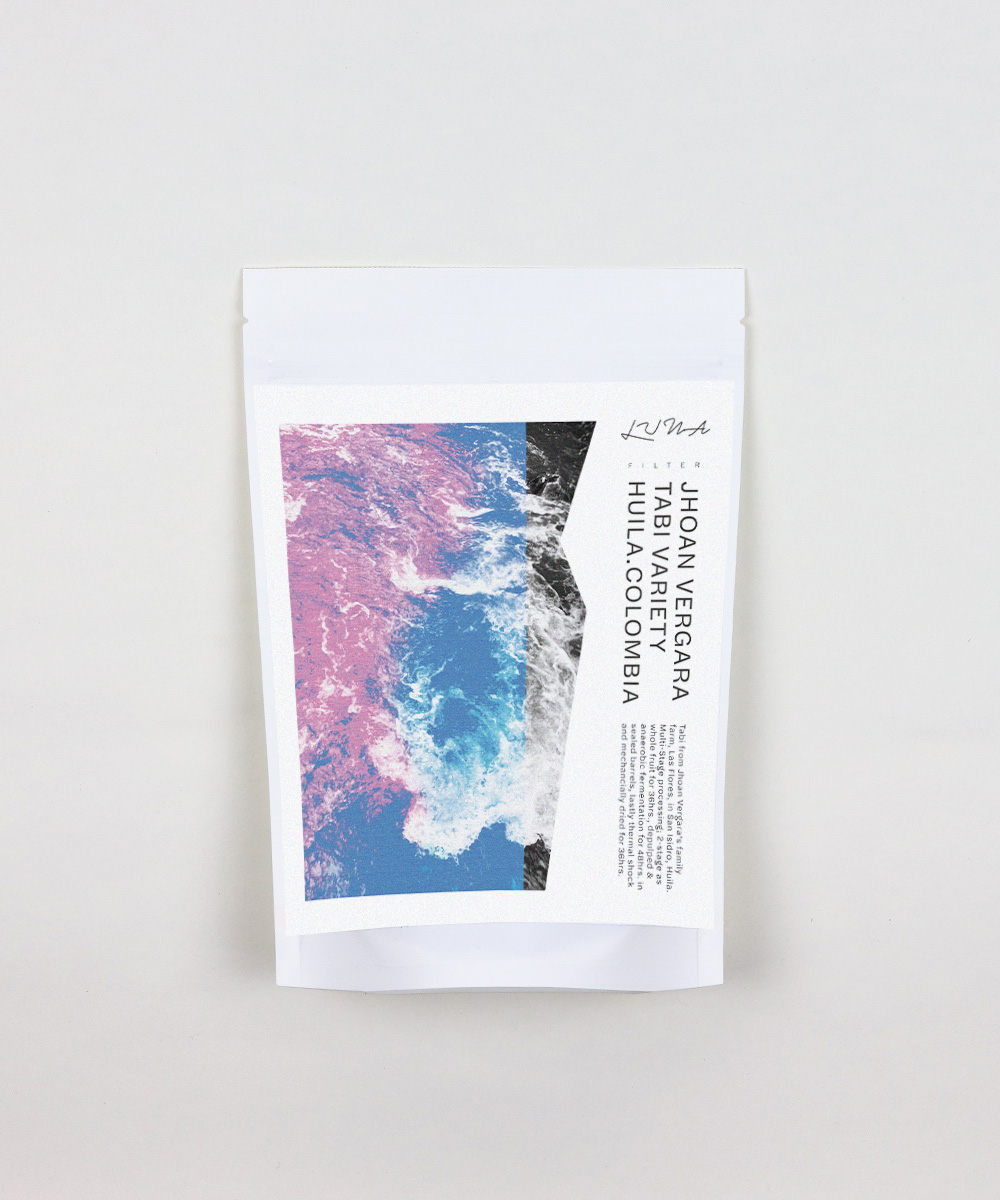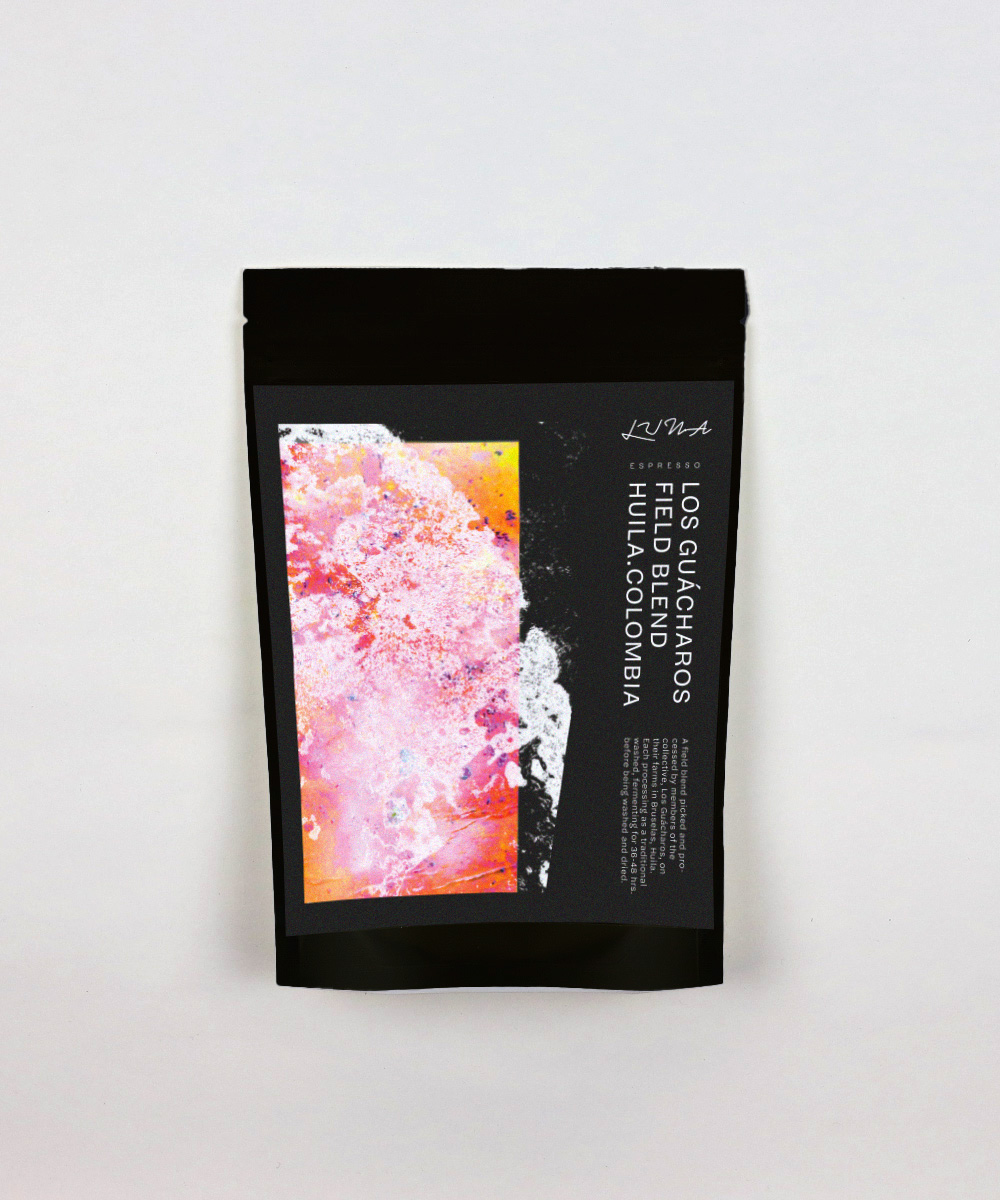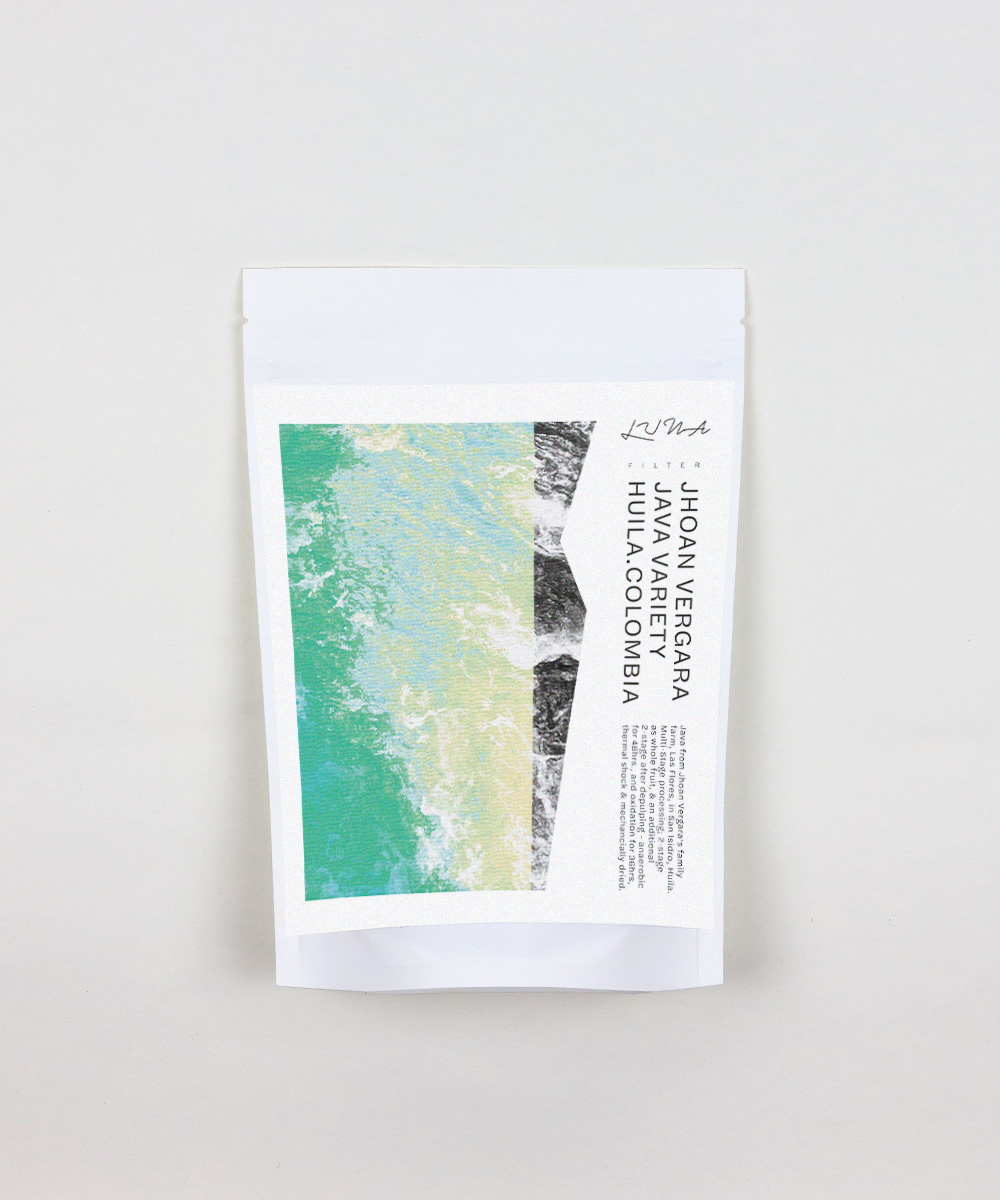Haro Welabu Natural ~ local landrace from Uraga, Guji, Ethiopia
US$0.00
last few bags! roasted Oct 23rd
Producers: smallholders organized around Haro Welabu washing station
Place: Guji, Ethiopia
Varieties: local landraces
Processing: Natural
Exporter: Kerchanshe
Importer: Red Fox
Harvest: Jan 2023
Tasting notes: watermelon, stewed blueberry, cacao
Sweet and cozy with loads of stewed blueberry, floral complexity and soft cacao, this creamy delight of a coffee comes from Haro Welabu washing station in Guji, Ethiopia. This lot consists of local landrace varieties picked and processed in the style of a traditional natural process, leaving the fruit intact and drying carefully on raised beds over a few weeks.
Producers
This coffee comes from the collective effort of smallholder farmers who live in the Uraga community, near the Bore-Uraga forests of Guji in Southern Ethiopia. Coffee is grown among other crops and pasturelands in an agroforestry like ecosystem where trees and shrubs are among intercrops of maize, wheat, barley, and teff as a means of preserving soil health through biodiversity in forest and semi-forest like conditions. These smallholders deliver ripe coffee fruit to the Kerchanshe delivery site to be further processed.
Varieties
These smallholders grow and pick varieties that are indigenous to the area of Guji, known collectively as landrace varieties.
Processing
Once ripe cherries were delivered by smallholders from the Uraga community, Kerchanshe separated their lots and processed this coffee as a natural, traditional in Ethiopia the coffee is dried on raised beds with fruit intact. The little purple orbs spend about 6-8 weeks drying as yeast dominant fermentation transforms them. Once drying is complete they are milled at Haro Welabu and are prepared for export.
Water
We brew all our coffees with municipal water that flows from our taps in Metro Vancouver. This municipal source is very soft, low ppm water (around 30 TDS)
There are many alternative water recipes out there that will produce tasty cups if your water from the tap isn’t giving you good results. A good place to start is 1/2 strength Third Wave Water of around 60-70ppm (0.16g.-0.2g./L of TWW powder).
Brewing
We make an effort to taste our coffees in a variety of ways, but mostly use cupping, V60, and Kalita 155 brews as our main ways of quality control and dialling in roast profiles. Our filter recipes can be found in our Journal here:
Espresso
Roasted with filter coffee in mind, expect shots that are lighter in body and brighter in acidity than your typical espresso profile.
